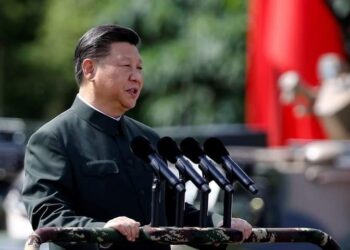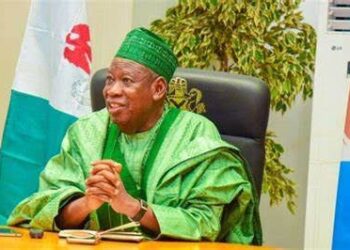Gender equality remains the fulcrum for good governance and a strong foundation for economic growth. Therefore women’s inclusion would positively enhance Africa’s political, social and economic development.
We must create strong institutional policies, invest in education, technology, mathematics, as well as other soft skill to create solutions for future emerging challenges.
Women have therefore decided to push for the inclusion of African women and girls economically, socially and politically. The needs of women should be in the front burner by empowering them to empower society and supporting them to learn to leave a legacy for women leaders of the future.
African women have also resolved to build synergy across platforms for knowledge sharing and gender equality through collaborations between governments to enhance the total wellbeing of women and girls, to address key issues, forge partnerships, hold progressive conversations and to share ideas, drive creativity, brave challenges and open up access to learnings.
Besides, boost the power of association of women by breaking all barriers cutting across colour, religion, culture, celebrating our unique diversities, network with one another and boldly face the challenges arising from our diversity.
Since there is no elevator for success, women must define themselves, their positions and boldly push the brand of womanity.
Factors that limit women such as culture, religion and societal norms must be legally challenged and addressed to move women and girls forward educationally and economically to push forward the women’s agenda.
After a recent two-day deliberation at a Pan African convergence in Addis Ababa, African women resolved also that there is also the need to harness the internet and digital technology to promote gender equality while addressing infrastructural deficit to bridge the gender inequalities must be addressed.
Women must be encouraged to take online courses which would enhance economic changes, nurture continuity of planning, power solutions and enhance women leadership and capacity-building.
Opportunities should be provided for the empowerment of girls and women to ensure access, inclusiveness and respect that promotes gender equality through collaboration and support changes for women’s political inclusion on the continent.
Considering the stereotype on women’s progress in leadership, a supportive environment that encourages women to take leadership responsibilities including: skills transfer, economic transformation, women and youth empowerment, must be provided to guarantee equal access in different sectors. Access to quality health care, family planning, and a better position to contribute to the economy must be advocated for women and girls.
While respecting our various cultures, women at the grassroots must be encouraged to find themselves and break through their socialisation process which inhibits them through deliberate advocacy and sensitization as well as training in skills acquisition to unbundle their potential to do more.
For more women in power through a power sharing process we must push for more voices and special seats for women in parliament to participate in decision making.
There must be a continuous discourse on the heterogeneity of women, opportunities for youth and women and strategies through capacity building that must be continuous.
To safeguard women from harmful widowhood practices, there must be deliberate advocacy to educate girls and women to be strong and independent and carry on without intimidation, by empowering the girl-child.
Policies must therefore be put in place and implemented to fight all norms and stereotypes that make women weak.
Dr. Jumai Ahmadu, co-convener of African Women Conference (AWC), writes from Abuja




